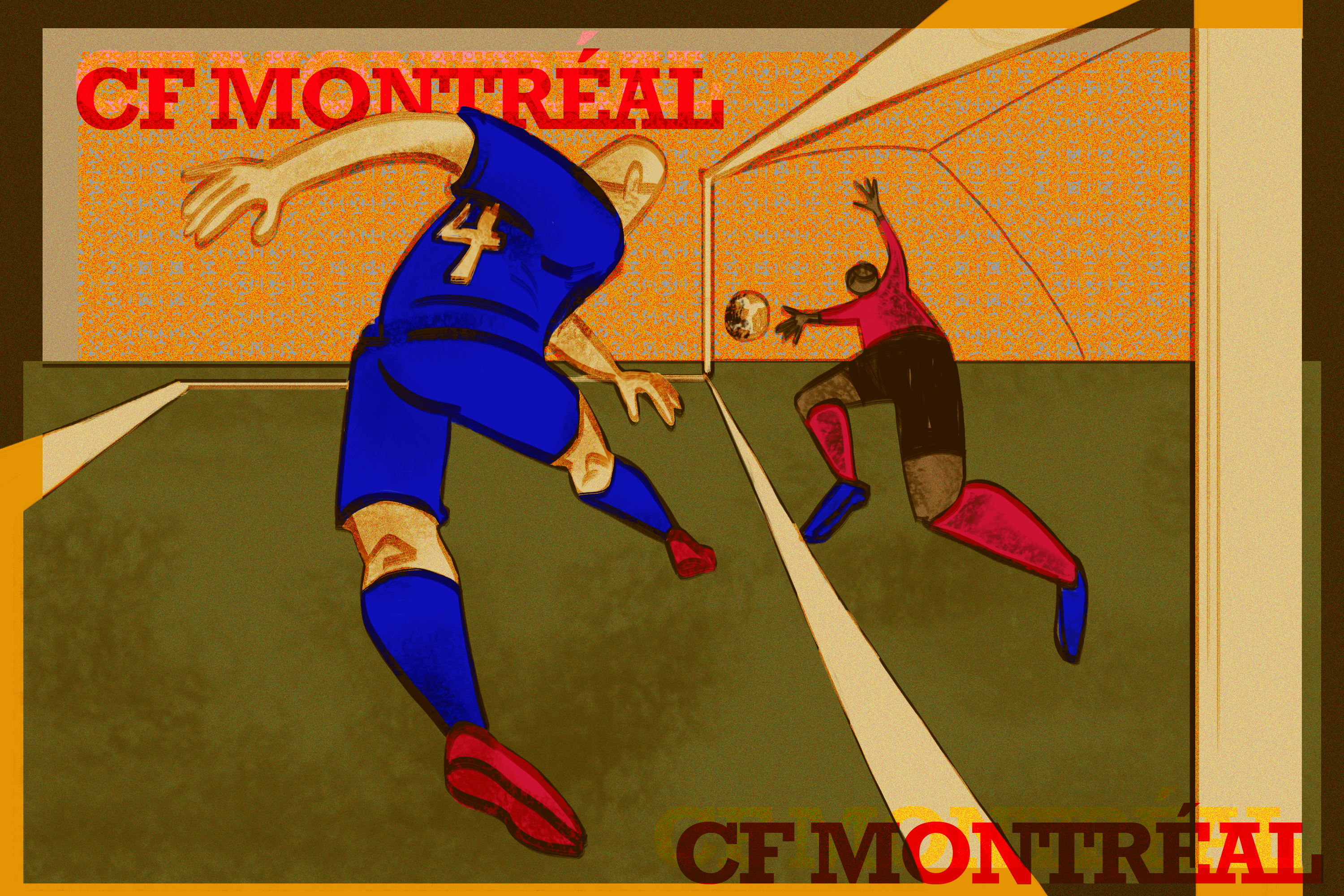CF Montréal hopes to bounce back after a disappointing 2023 season.
In 2023, CF Montréal narrowly missed the Major League Soccer (MLS) playoffs on the last day of the season, and lost the Voyageurs Cup final—a cup competition between all professional and some semi-professional Canadian clubs—to the Vancouver Whitecaps. This disappointing season resulted in the club parting ways with head coach Hernán Losada after just one season, citing differing visions concerning the club’s future and style of play.
On Jan. 9, CF Montréal president Gabriel Gervais unveiled Laurent Courtois as the team’s new head coach and clearly outlined the club’s sporting objectives. “We want to make the playoffs and have the opportunity to fight for the MLS Cup. We want to win the Canadian championship and return to the CONCACAF Champions League,” said Gervais when presenting Courtois.
Laurent Courtois: “It’s almost an adult dream.”
For the past two seasons, Courtois was the head coach of Colombus Crew’s reserve team. There, he led the team to two MLS NEXT Pro Cups, of which they won one. His experience coaching youth teams and developing players was an advantage compared to other candidates for his newly acquired position, considering that CF Montréal had the fourth youngest squad in MLS last season.
However, CF Montréal is a notoriously difficult place for managers, with Courtois being the team’s 10th head coach in 13 years since joining the MLS. Despite having signed a two-year contract, he hopes to stay with the team for a long time, although he knows about the team’s history of quickly firing coaches. “I have promised [the club] two things: an identity and energy. So [whether I stay for] six months, three years, 10 years, I hope, I want the players, the club, the people I work with to develop each other,” he said in his inaugural press conference.
Courtois has clear objectives in terms of what he wants to achieve in Montreal. “What I want to emphasize is individual player development […] especially with that pool of players,” he explained during his inaugural press conference. He also wants his team to have an attractive and recognizable style of play that can clearly be attached to Montreal.
Who’s in, who’s out?
CF Montréal’s squad has changed quite a bit since the end of last season, although it is not quite the exodus of talent as was seen last year. The team’s most significant loss is forward Romell Quioto, off to Tractor S.C. in Iran. Despite an injury-plagued 2023 season, he was still an important player, having scored 38 goals in 94 games for the club. Although he is yet to be numerically replaced, CF Montréal has presumably found their new forward. The club might be considering Uruguayan striker Matías Cóccaro, whom they are heavily linked with. Cóccaro has even already said his goodbyes to the fans of his previous club, Club Atlético Huracán, in Argentina, on social media.
However, CF Montréal’s main changes have come in the wingback positions. On the left, the club has spent US$400,000 in 2024 General Allocation Money (GAM) for former Canadian international Raheem Edwards, who is back in Montreal after a short spell in 2018. On the right, the team has traded Aarón Herrera to D.C. United in exchange for their right wingback, the Brazilian footballer Ruan and US$500,000 GAM in 2024. Both Edwards and Ruan are expected to be starters and improve what was one of CF Montréal’s weaknesses in 2023.
